The legal landscape surrounding emulators continues to evolve in unpredictable ways, creating a complex gray area that challenges both developers and legal experts. As technology advances and nostalgia-driven demand grows, the boundaries between preservation, fair use, and copyright infringement become increasingly blurred. Recent developments suggest we may be approaching a tipping point in how courts and legislators view these controversial software tools.
Emulator developers find themselves walking a tightrope between innovation and potential legal repercussions. While emulators themselves don't contain proprietary code, their ability to run copyrighted games puts them in a precarious position. The recent case of a popular Nintendo Switch emulator being forced to shut down despite using clean-room reverse engineering techniques has sent shockwaves through the community. This incident has raised questions about whether current copyright laws adequately distinguish between the emulator software and the unauthorized distribution of game ROMs.
Strong arguments exist on both sides of the debate. Content creators and copyright holders maintain that emulators facilitate piracy, regardless of their technical merits. Meanwhile, digital preservationists argue that emulators serve as crucial tools for maintaining access to obsolete software and gaming history. The tension between these perspectives has created what some legal scholars call "the emulator paradox" - where technology exists in a state of simultaneous acceptance and rejection under the law.
The mobile app marketplace has become ground zero for emulator-related legal skirmishes. Google Play and Apple's App Store have seen increasing numbers of emulator apps appearing and disappearing as platform policies and legal pressures fluctuate. Some developers have attempted to circumvent restrictions by marketing their products as "retro gaming platforms" rather than emulators, while others implement elaborate disclaimers about obtaining game files legally. These cat-and-mouse tactics highlight the fundamental ambiguity in current regulations.
International differences in copyright law further complicate the situation. While the United States tends to take a stricter stance on emulation under the Digital Millennium Copyright Act (DMCA), other countries like Japan have shown more tolerance for emulators that don't explicitly facilitate piracy. This jurisdictional variance has led some emulator projects to relocate their development teams and servers to more favorable legal environments, creating what industry observers call "emulator havens."
Recent technological advancements have added new layers to the legal debate. The emergence of cloud-based emulation services and AI-assisted translation of legacy code raises questions not anticipated by existing copyright frameworks. Some legal experts predict these innovations might force a reevaluation of how emulation is treated under the law, potentially leading to new exceptions or limitations similar to those granted for software archival and research purposes.
The economic impact of emulation cannot be ignored in these legal considerations. While major game publishers view emulators as threats to their revenue streams, some indie developers have embraced emulation as a way to introduce classic gameplay mechanics to new audiences. This schism within the gaming industry itself makes crafting coherent legislation particularly challenging, as stakeholders cannot agree on whether emulators represent competition or complementary technology.
Consumer attitudes toward emulation appear to be shifting in ways that may influence future legal decisions. As generations who grew up with classic consoles become policymakers and legal professionals, nostalgia appears to be creating more sympathy for emulation as a preservation tool. However, this cultural shift runs counter to increasingly aggressive intellectual property enforcement by major rights holders, setting the stage for potential high-profile legal battles in coming years.
The emulator community has responded to these legal uncertainties with various self-regulatory measures. Many prominent emulator projects now include extensive documentation about legal sourcing of game files, implement DRM-like checks to discourage piracy, and actively distance themselves from ROM-sharing sites. These voluntary measures represent an attempt to establish emulators as legitimate software rather than piracy tools, though their effectiveness in preventing legal action remains unproven.
Looking ahead, the legal status of emulators may hinge on emerging concepts in copyright law. Theories like "abandonware" and the right to repair movement could provide legal frameworks that accommodate emulation without undermining copyright protections. Some legal scholars suggest that modified fair use doctrines or compulsory licensing systems might offer middle-ground solutions that satisfy both preservationists and content creators.
The coming years will likely see significant developments in this legal gray area as test cases work through court systems worldwide. What remains clear is that emulators have become an entrenched part of the digital landscape, and their legal treatment will have far-reaching implications for software preservation, consumer rights, and the evolution of copyright in the digital age. The resolution of these issues will require nuanced approaches that balance innovation, preservation, and legitimate business interests - no easy task in our rapidly evolving technological ecosystem.

By /Jul 29, 2025
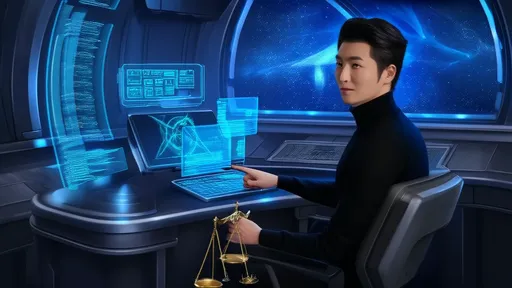
By /Jul 29, 2025

By /Jul 29, 2025
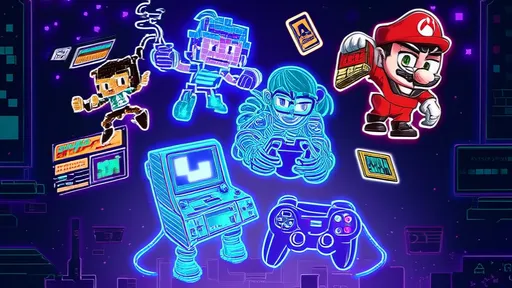
By /Jul 29, 2025

By /Jul 29, 2025

By /Jul 29, 2025

By /Jul 29, 2025

By /Jul 29, 2025

By /Jul 29, 2025

By /Jul 29, 2025
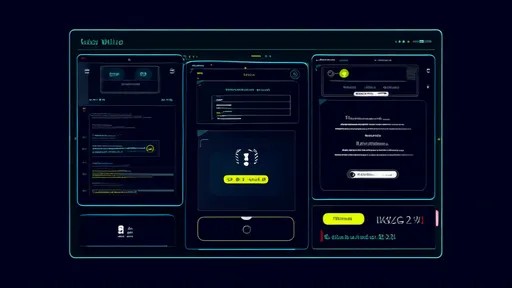
By /Jul 29, 2025

By /Jul 29, 2025

By /Jul 29, 2025

By /Jul 29, 2025

By /Jul 29, 2025
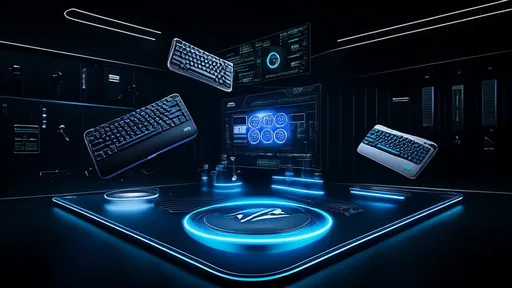
By /Jul 29, 2025

By /Jul 29, 2025
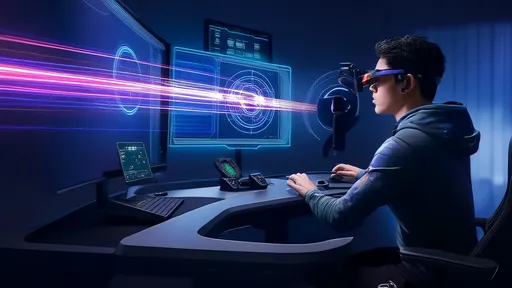
By /Jul 29, 2025
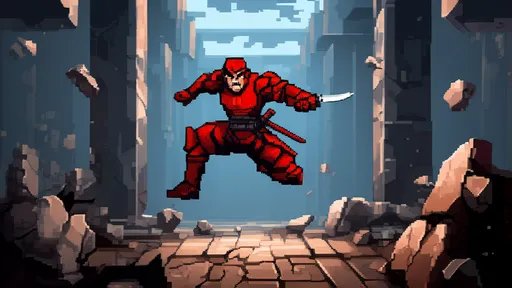
By /Jul 29, 2025
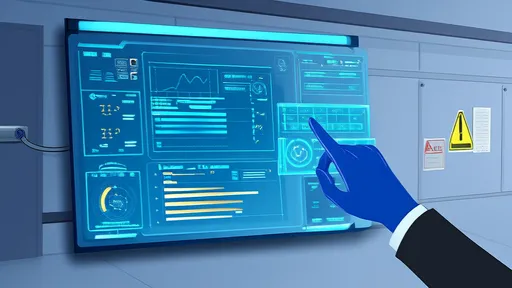
By /Jul 29, 2025